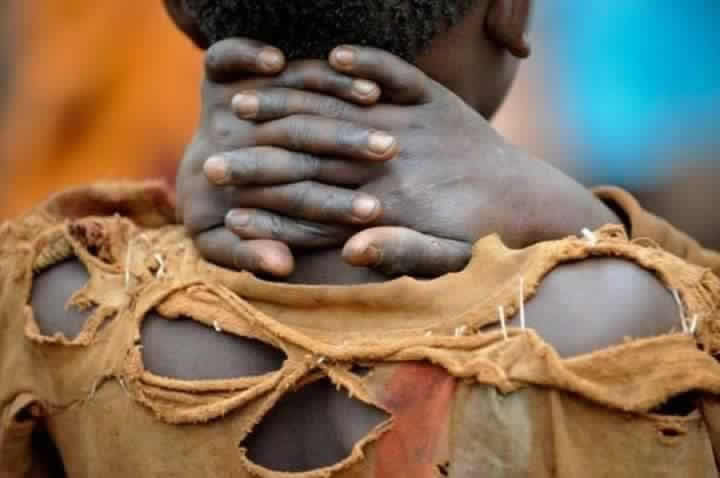According to the World Bank, Nigeria has one of the highest inflation rates, which between January and May 2023 is expected to cause four million people to fall into poverty.
This information was made public on Tuesday in Abuja during the Nigeria Development Update’s publication launch for the month of June 2023.

The Washington-based lender also said that after the withdrawal of the fuel subsidy, around 7.1 million impoverished Nigerians would fall into poverty if the Federal Government did not offer them compensation or relief.
Data from the World Bank show that 89.8 million Nigerians were living in poverty at the start of this year. The lender highlighted that between January and May of this year, an additional four million Nigerians fell into poverty, bringing the total to 93.8 million.
According to recent estimates, if the government doesn’t provide vulnerable residents with compensation for the loss of fuel subsidies, the number of poor Nigerians will increase to 100.9 million.
According to the World Bank’s Nigeria Development Update report, a combination of reasons, including CBN support of the budget deficit, prior multiple exchange rates, devaluation, and trade restrictions, have contributed to Nigeria’s inflation reaching a 17-year high.
Part of the report’s summary stated that “consumer price inflation has soared and is currently one of the highest levels internationally, which is tied to Nigeria’s fiscal imbalance and emphasises the necessity of reform efforts. Nigeria has experienced structurally high inflation for many years, but in 2022 it accelerated to the point where consumer prices rose at an above-average rate.
“The consumer price index further accelerated in 2023 through May, up to 22.4 percent y-o-y. High inflation has been driven by the monetization of the fiscal deficit by the CBN, multiple exchange rates and exchange rate depreciation in the parallel market, and intensified trade restrictions, exacerbated by the spike in global food and energy prices.
“The CBN implemented measures to control rising inflation, including raising the monetary policy rate by 700 basis points, but these proved ineffective and monetary policy remained loose overall in the first half of the year. The loss of purchasing power from high inflation has increased poverty in the short-term, pushing an estimated 4 million Nigerians into poverty between January and May 2023.”
The National Bureau of Statistics recently disclosed that inflation in the country rose to 22.41 per cent in May, which is the highest in about 19 years.
Also, the NBS, in its National Multidimensional Poverty Index report, disclosed that 133 million Nigerians are multi-dimensionally poor.
The NBS said 63 per cent of Nigerians were poor due to a lack of access to health, education, living standards, employment, and security.
The Multidimensional Poverty Index offered a multivariate form of poverty assessment, identifying deprivations across health, education, living standards, work, and shocks.
In its new report, the Washington-based bank noted that the loss of purchasing power increased the poverty headcount rate by an estimated 2 percentage points or 4 million people.
This may mean that the total number of poor people in the country has risen to 137 million this year.
The World Bank added that the number of poor people in rural areas increased by an estimated 4 percent, while in urban settings, there was an estimated increase of 11 per cent.
The Brenton Woods institution further noted that with the removal of fuel subsidy, about 7.1 million people are at risk of becoming poor if no form of compensation is provided by the government.
The report read, “In the immediate term, the removal of the petrol subsidy has caused an increase in prices, adversely affect ting poor and economically insecure Nigerian households. Petrol prices appear to have almost tripled following the subsidy removal.
“The poor and economically insecure households, who directly purchase and use petrol as well as those that indirectly consume petrol, are adversely affected by the price increase. Among the poor and economically insecure, 38 percent own a motorcycle and 23 percent own a generator that depends on petrol. Many more use petrol dependent transportation.
“The poor and economically insecure households will face an equivalent income loss of N5,700 per month, and without compensation, an additional 7.1 million people will be pushed into poverty.
The World Bank warned that many newly poor and economically insecure households will likely resort to consequential coping mechanisms, such as “not sending children to school, or not going to the health facilities to seek preventative healthcare or cutting back on nutritious dietary choices.”
